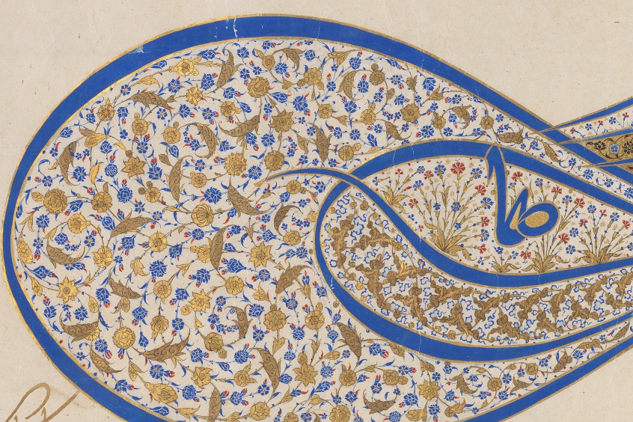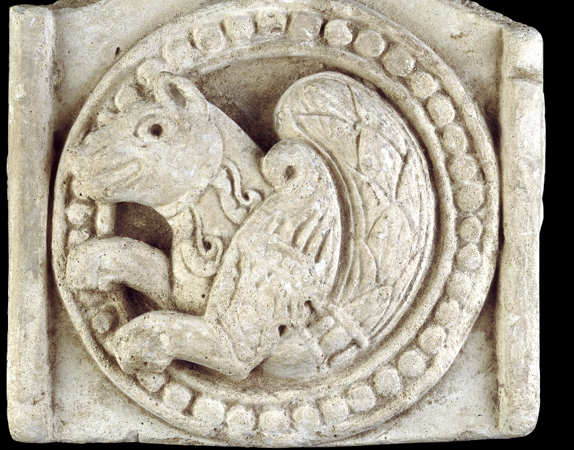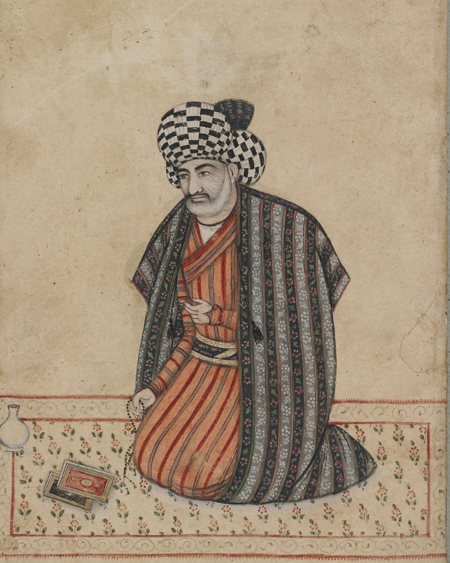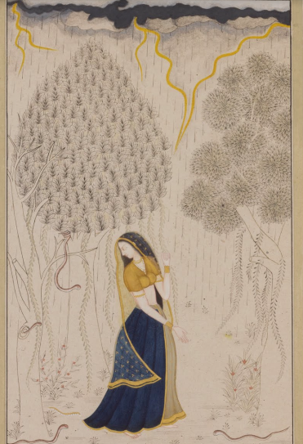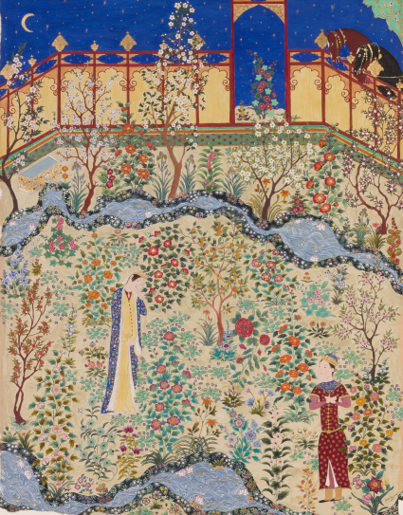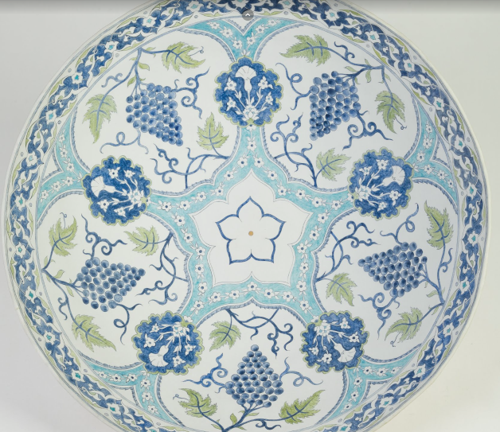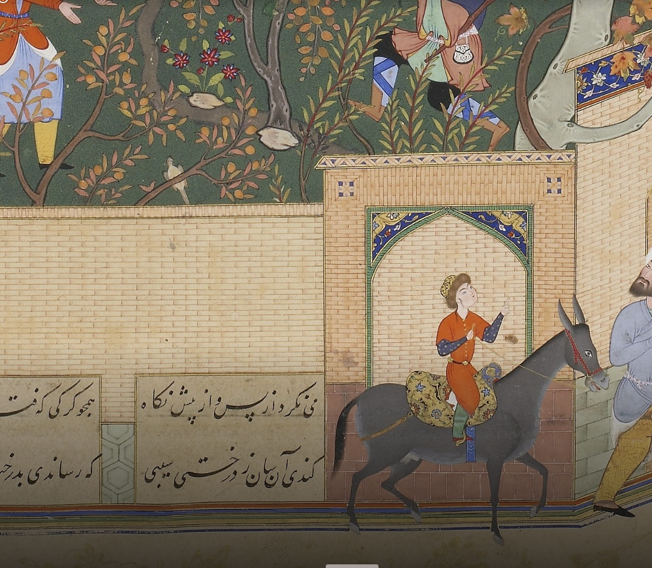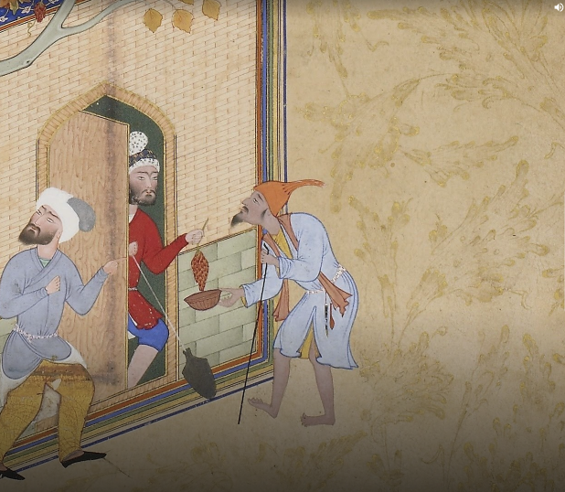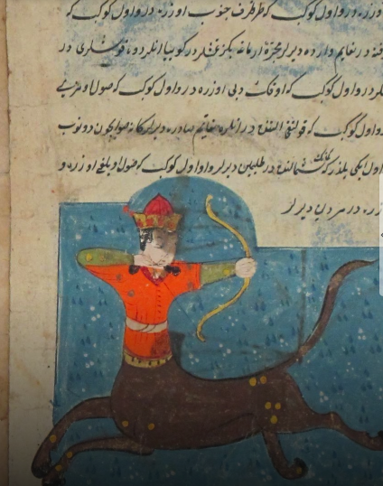A short time later on the 15th of Bahman 1321(1942) on the occasion of the annual celebration of the establishment of the University, a great celebration in the presence of the Shah and Queen Foziyeh was held at the grand hall in the College of Law (the College of Literature and the grand hall of Ferdowsi were still in construction.) The hall was packed with people.
In one section of the hall were Professors dressed in official attire and in another section were ministers, representatives of the National Assembly and other high-ranking officials. Ghavam al-Saltaneh after asking permission from the Shah got up and read out the statement that I had previously prepared with Shah’s permission.
“With approval from the Shah and in the spirit of the Constitution, this great educational institution from today will be separated from the Ministry of Education and from now on will have its independence in all of its administrative, and educational affairs and will directly govern itself.”



